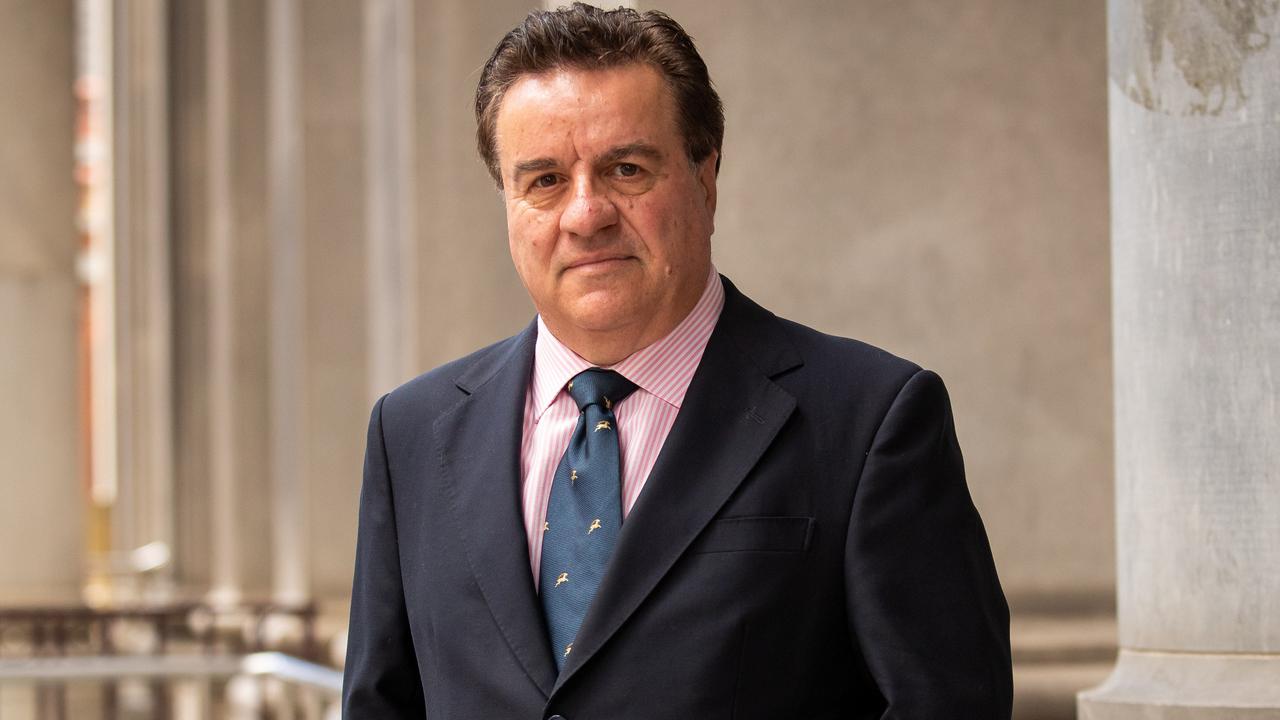Adelaide public servants allowed to salary sacrifice $500,000 to minimise tax
Aussie public servants are able to minimise how much tax they are getting slugged by putting up to $500,000 into superannuation.
Aussie public servants are able to minimise how much tax they are getting slugged by putting $500,000 into superannuation.
Information released by the South Australian Department of Premier and Cabinet reveals 10 of the state’s department heads are putting hundreds of thousands of dollars from their salaries into super funds via a system called salary sacrificing.
It can reduce the income tax being charged from 45 per cent down to 15 per cent, depending on a person’s age and other earnings.
It showed the highest salary sacrifice was made by Nick Reade, SA’s head of premier and cabinet, who put in $500,000 into super — more than what premiers around Australia are paid. Transport boss Tony Braxton-Smith put in $407,123 into his super, but neither would comment on the situation when approached byThe Advertiser.
The South Australian premier Steven Marshall takes home $418,000, above NSW premier Gladys Berejikilian’s pay packet of $407,980.
Meanwhile, QLD premier Annastascia Palasczuk’s salary currently sits at $399,955, well below the annual wage of Victorian premier Daniel Andrews, who takes home $441,439 a year.
SA Best MP Frank Pangallo, who revealed the salary sacrificing situation, said the fact that some chief executives of SA Government departments are paid more than the premiers was “absurd”.
“But it happens right around the country and in the federal sphere. We are either not paying our leaders enough or governments are totally over-indulging senior public servants,” he told news.com.au.
RELATED: Aussie workers paid in bitcoin

Generally, Australians can contribute a maximum of $25,000 into their superannuation fund for the coming financial year via their employer and own money.
The second highest salary sacrifice contribution came from the chief of South Australia’s health department, Christopher McGowan with $451,329, while the head of public sector employment Erma Ranieri chucked in $150,000.
Mr Pangallo claimed that the department heads could get “good expensive financial advice that many ordinary taxpayers couldn’t afford”.
“The average worker would struggle to understand the complexities surrounding superannuation and concessional contributions and any caps that may apply,” he said.
“People probably don’t realise also that any unused concessional cap for a tax year can be carried forward up to a maximum of five years.
“The problem with governments and superannuation is that they tinker too much with it and it doesn’t really give impending retirees the financial security they might need.”
He called for the federal government to proceed with lifting the amount of employer contribution for workers from the current 9 per cent, with South Australian public servants currently receiving up to 15.5 per cent in super.
The information also revealed that South Australia’s 24 department heads are being paid $1.9 million in super this year.
RELATED: Costly error most Aussie workers make

South Australian Treasurer Rob Lucas told The Advertiser that salary sacrificing is a common and longstanding practice which is available to many employees in both the public and private sectors in Australia, while a spokesman for the Department of Premier and Cabinet added that salary sacrifice options help attract the best talent to the sector.
Mr Lucas added that whether an employee chooses to salary sacrifice or not, the total remuneration level paid by the government remains unchanged.
He announced last week in parliament that all South Australia public servants will be receiving a 1.8 per cent pay increase from July 1.
Salaries for MPs were frozen last year because of covid-19 but will again be subject to a review by the Remuneration Tribunal, said Mr Pangallo.
“I still believe salaries of MPs should be on ice while the pandemic is on,” he added. “Politicians salaries were unaffected by the lockdowns and shutdowns of parliamentary business.”




